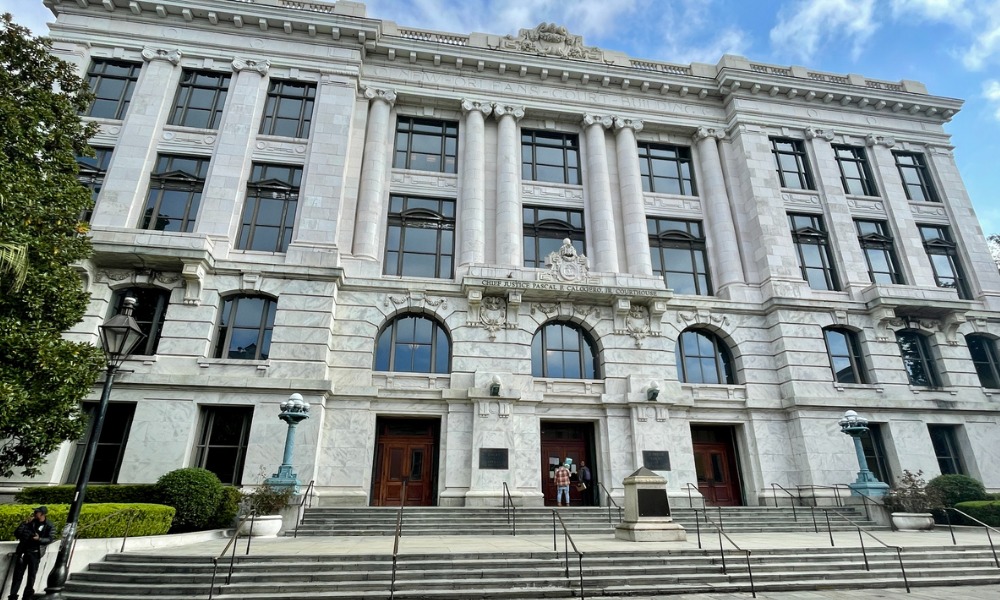
Consent decree aims to give Black voters a fair shake to elect a state Supreme Court justice

The U.S. 5th Circuit Court of Appeals has ruled that Louisiana can terminate a 32-year-old consent decree intended to provide Black voters with a fair opportunity to elect a state Supreme Court justice.
The federal appeals court’s decision, delivered in an 11-7 vote, reversed a ruling by a lower court judge who required the state to prove that it had eradicated "the vestiges of past discrimination" before ending the decree, commonly known as the Chisom Decree, said an article by Reuters.
Kurt Engelhardt, a circuit judge writing for the appeals court’s majority, stated that the lower court imposed on the state an unreasonable burden that was "impossible to satisfy," said Reuters.
Engelhardt also said that the state had fulfilled its obligations consisting of eight remedial measures under the 1992 decree, which included the establishment of a majority-minority district in Orleans Parish, Reuters stated in the article.
Republican presidents had appointed all 11 judges in the appeals court’s majority, Reuters noted. On the other hand, among the dissenting judges, five had been appointed by Democratic presidents, while two had been appointed by Republican presidents, Reuters added.
Jacques Wiener, one of the dissenters in this case, argued that Louisiana had not adequately shown compliance with the Chisom decree and had refused to commit to maintaining a majority-minority district post-decree, the article said.
Stephen Higginson, another dissenting judge, contended that the district court should have evaluated whether a new law passed earlier this year, known as Act 7, was a basis to dissolve the Chisom decree, the article added.
Jeff Landry, a Republican governor, signed Act 7 last May, Reuters noted. Act 7 established two majority-minority districts, which could increase Black representation on Louisiana’s seven-member Supreme Court, Reuters said.
In response to Act 7, the Black voters who had long supported the original decree agreed to its dissolution, Reuters stated. Black individuals made up nearly a third of the population of Louisiana, Reuters noted in the article.
The Black voters’ legal team did not immediately respond to requests for comment after business hours, Reuters reported.